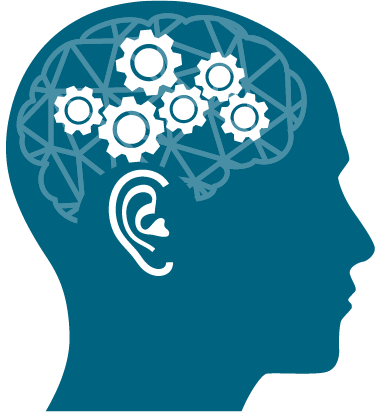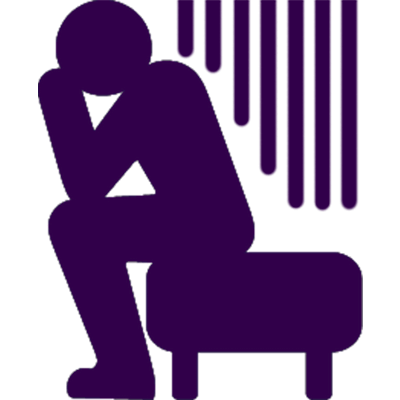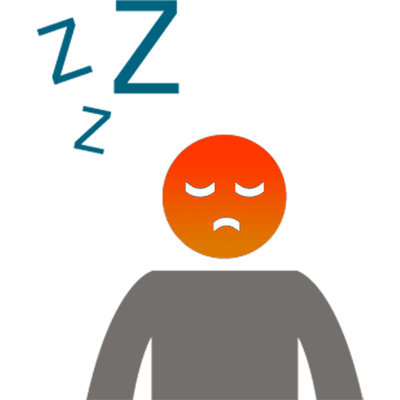Click the icons below to see more details:
Hearing is
Crucial for your Well-being
and Life Quality
Hearing loss affects people in different ways


Memory
Memory
Untreated hearing loss makes it difficult to follow conversations and is often very exhausting. Using more mental resources to “fill in the gaps” leaves you with fewer resources to remember what was said


Dementia
Dementia
Sounds help to stimulate our brain. Untreated hearing loss is thus associated with a greater risk of dementia.Using hearing aids helps reduce mental decline
While no hearing aids can cure dementia or restore hearing, they do go a long way in helping to keep your brain fit. When you wear hearing aids you will find it easier to communicate and participate in social activities. This stimulates your brain and helps decrease the risk of accelerated mental decline related to untreated hearing loss.


Conversation
Conversation
Living with a hearing loss is tiring. Untreated hearing loss makes it difficult to stay connected to communication and entertainment devices like TV and phones. Untreated hearing loss could also lead to reduced contact with family, friends and colleagues, which can turn into feelings of isolation and depression


Falling
Falling
Untreated hearing loss can increase the risk of falling. Since hearing loss imposes a cognitive load, there may be fewer cognitive resources to help with maintaining balance and gait.


Weak hearing
Hearing is Central to your Health and Quality of Life
Help Keep your Brain Fit
Untreated hearing loss > Less stimulation of the brain > Accelerated mental decline, higher risk of dementia > trouble with remember and problem solvingTreated hearing loss > Improved communication skills > socially active, stimulation of the brain > help keep you brain fit


Depression
Depression
Living with a hearing loss is tiring. Untreated hearing loss makes it difficult to stay connected to communication and entertainment devices like TV and phones. Untreated hearing loss could also lead to reduced contact with family, friends and colleagues, which can turn into feelings of isolation and depression


Mental tiredness
Mental tiredness
Untreated hearing loss makes it difficult to follow conversations and is often very exhausting. Using more mental resources to “fill in the gaps” leaves you with fewer resources to remember what was said


Heart disease
Heart disease
Hearing loss and cardiovascular disease are often linked. Long-term exposure to loud noise only damages your ears, it can also damage your heart. Noise pollution can trigger the body's stress response. Nighttime noise can affect sleep quality by preventing sleep and disrupting sleep cycles, leading to an increase in blood pressure. The inner ear is so sensitive to blood flow that it is possible that abnormalities in the cardiovascular system could be noted here earlier than in other less sensitive parts of the body


Social isolation
Social isolation
Living with a hearing loss is tiring. Untreated hearing loss makes it difficult to stay connected to communication and entertainment devices like TV and phones. Untreated hearing loss could also lead to reduced contact with family, friends and colleagues, which can turn into feelings of isolation and depression

